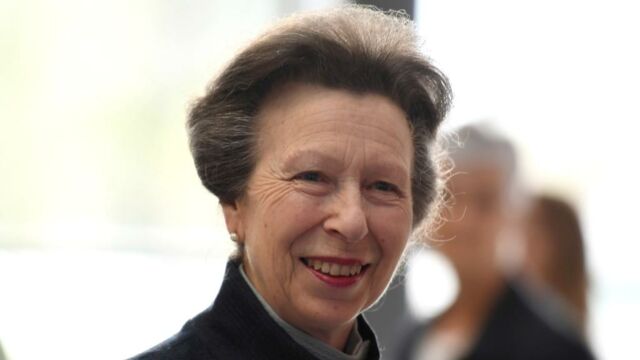If ever the Queen were unable to fulfil royal duties for a short period of time (illness and such) a Counsellor of State can step in for her. Currently, the Queen’s Counsellor of State are Prince Charles, Prince William, Prince Andrew and Prince Harry, or simply put, the next in line to the throne. But what about Princess Anne?
Discover our latest podcast
Princess Anne
Princess Anne is the Queen’s second eldest child and only daughter. Known as Princess Royal, Anne is devoted to her duties and takes an active role in her charities. So why isn’t she a Counsellor of the State? Well, it has to do with an old and rather sexist rule.
The reason Princess Anne isn’t a Counsellor of State is that it wasn’t until 2013 that men and women were equalised in the Royal Family but the rules which ended male royal primogeniture were not backdated. This meant that Princess Anne went from 2nd in line to the throne to 17th.
Many are calling that the Counsellors of State be changed due to current affairs.
Read more:
⋙ The Queen: This is what happens when she is 'incapacitated'
⋙ Prince Harry: This could be the reason why he renewed his lease on Frogmore Cottage
⋙ Royal family: Prince Louis doesn't have to follow the same rules as his brother
Changing the lineup
Indeed many are saying that Prince Andrew should no longer be a Counsellor of State since his sexual abuse case as he has stepped down from royal duties. Along the same line, many think it is unfair that Prince Harry has renewed his lease of Frogmore Cottage just so he can maintain his Counsellor of State position even though he lives out in California with his family.
According to Times columnist Libby Purves, the fact that Princess Anne is not a Counsellor of State makes ‘a backward sexist country’. She said:
It feels particularly raw because the Princess Royal is a clean bright gem in the battered family tiara. The hardest working in actual engagements, she is also properly engaged with her charities.
To change the Counsellors of State it would need to go through Parliament under the Regency Act upon the Queen’s request.















